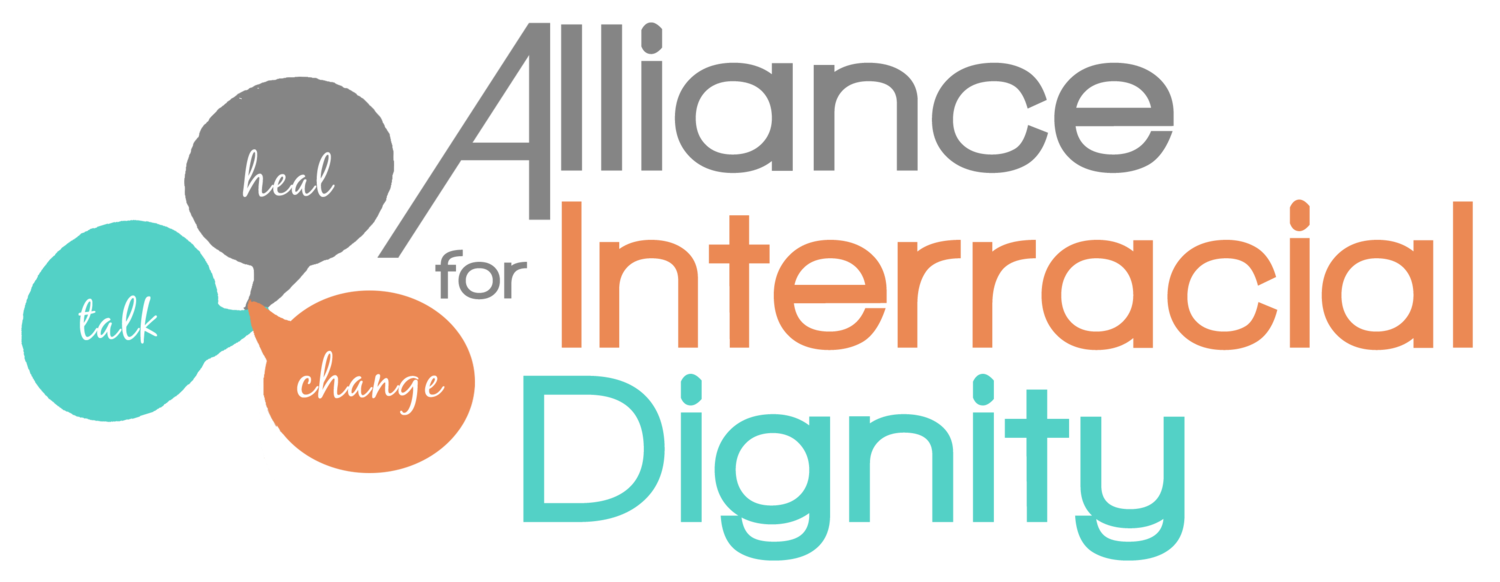Key Language
Ally
Someone who makes an ongoing commitment and effort to recognize their privilege (based on gender, class, race, sexual identity, etc.) and work in solidarity with oppressed groups in the struggle for justice. Allies understand that it is in their own interest to end all forms of oppression, even those from which they may benefit in concrete ways.
Allies commit to reducing their own complicity or collusion in oppression of those groups and invest in strengthening their own knowledge and awareness of oppression.
OpenSource Leadership Strategies, “The Dynamic System of Power, Privilege and Oppressions.” Center for Assessment and Policy Development.
Individual Racism
Individual racism refers to the beliefs, attitudes, and actions of individuals that support or perpetuate racism. Individual racism can be deliberate, or the individual may act to perpetuate or support racism without knowing that is what he or she is doing.
Examples:
Telling a racist joke, using a racial epithet, or believing in the inherent superiority of whites over other groups;
A white person avoiding people of color whom they do not know personally, but not whites whom they do not know personally (e.g., white people crossing the street to avoid a group of Latino/a young people; locking their doors when they see African American families sitting on their doorsteps in a city neighborhood; or not hiring a person of color because “something doesn’t feel right”)
Accepting things as they are (a form of collusion).
Flipping the Script: White Privilege and Community Building. Maggie Potapchuk, Sally Leiderman, Donna Bivens and Barbara Major. 2005.
Systemic Racism
Systemic racism refers specifically to the ways in which institutional policies and practices create different outcomes for different racial groups. The institutional policies may never mention any racial group, but their effect is to create advantages for whites and oppression and disadvantage for people from groups classified as people of color.
Examples
Government policies that explicitly restricted the ability of people to get loans to buy or improve their homes in neighborhoods with high concentrations of African Americans (also known as "red-lining").
City sanitation department policies that concentrate trash transfer stations and other environmental hazards disproportionately in communities of color.
Flipping the Script: White Privilege and Community Building. Maggie Potapchuk, Sally Leiderman, Donna Bivens and Barbara Major. 2005.
Inclusion
Authentically bringing traditionally excluded individuals and/or groups into processes, activities, and decision/policy making in a way that shares power.
OpenSource Leadership Strategies, Some Working Definitions
Privilege
Unearned social power accorded by the formal and informal institutions of society to ALL members of a dominant group (e.g. white privilege, male privilege, etc.). Privilege is usually invisible to those who have it because we’re taught not to see it, but nevertheless it puts them at an advantage over those who do not have it.

